Teaching may be compared to selling commodities. No one can sell unless somebody buys
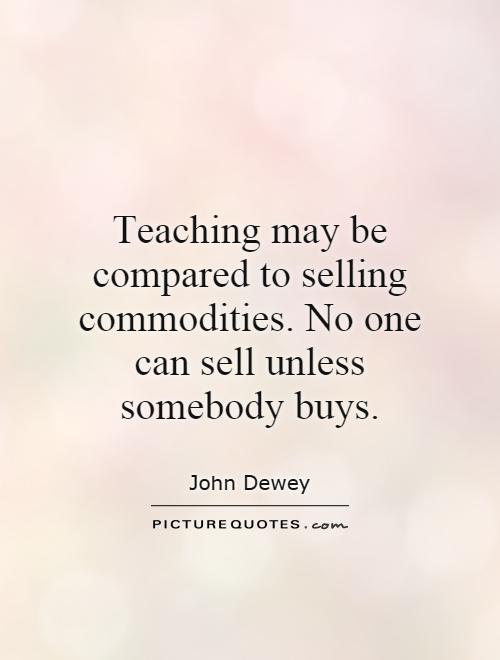
Teaching may be compared to selling commodities. No one can sell unless somebody buys
John Dewey, a renowned American philosopher, psychologist, and educational reformer, believed that teaching is akin to selling commodities. He argued that just as a seller cannot make a sale unless a buyer is willing to purchase the product, a teacher cannot effectively impart knowledge unless the student is actively engaged in the learning process.Dewey's philosophy of education emphasized the importance of experiential learning and student-centered teaching methods. He believed that education should be a collaborative process between teachers and students, where both parties actively participate in the learning experience. In this sense, the teacher acts as a facilitator, guiding students through the learning process and providing them with the necessary tools and resources to acquire knowledge.
In Dewey's view, teaching is not simply about transferring information from the teacher to the student, but rather about creating a dynamic and interactive learning environment where students are encouraged to think critically, ask questions, and explore new ideas. Just as a successful salesperson must understand the needs and preferences of their customers in order to make a sale, a teacher must understand the unique learning styles and abilities of their students in order to effectively teach them.
Dewey believed that education should be relevant and meaningful to students' lives, and that teachers should strive to make learning engaging and enjoyable. By creating a positive and supportive learning environment, teachers can inspire students to actively participate in the learning process and take ownership of their education.
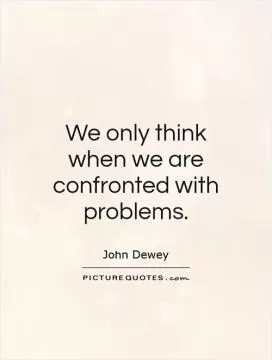




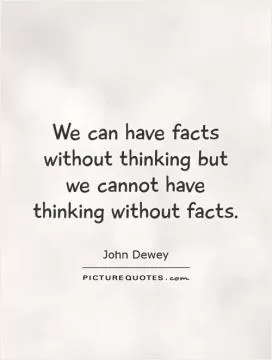

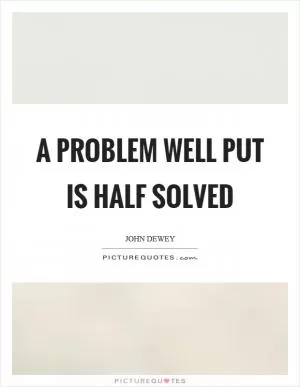
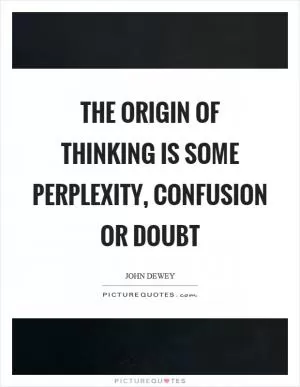

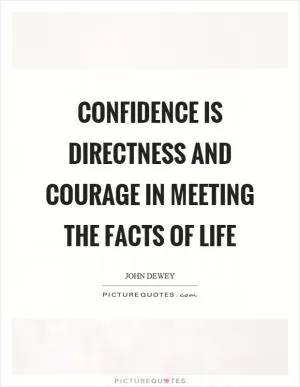

 Friendship Quotes
Friendship Quotes Love Quotes
Love Quotes Life Quotes
Life Quotes Funny Quotes
Funny Quotes Motivational Quotes
Motivational Quotes Inspirational Quotes
Inspirational Quotes